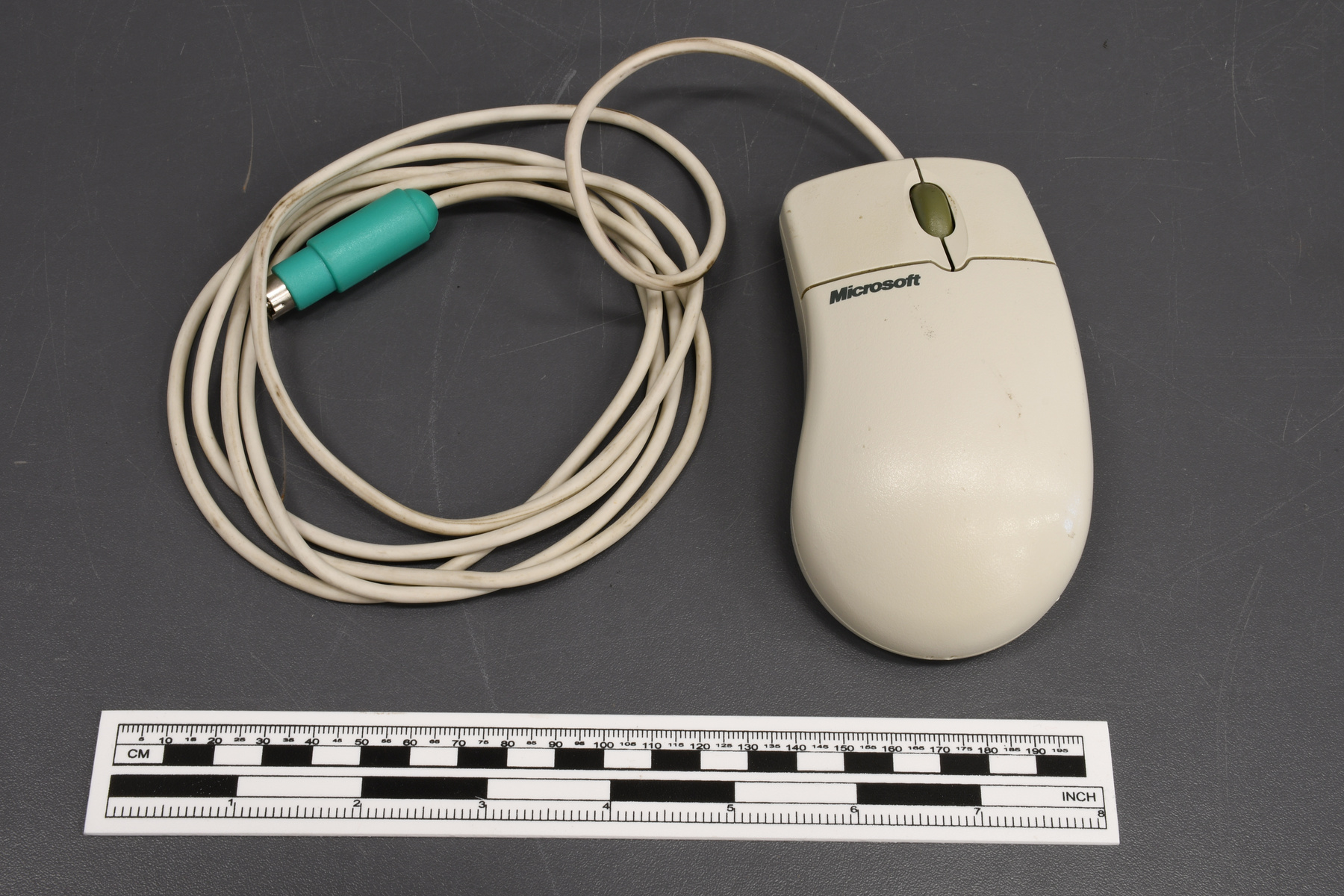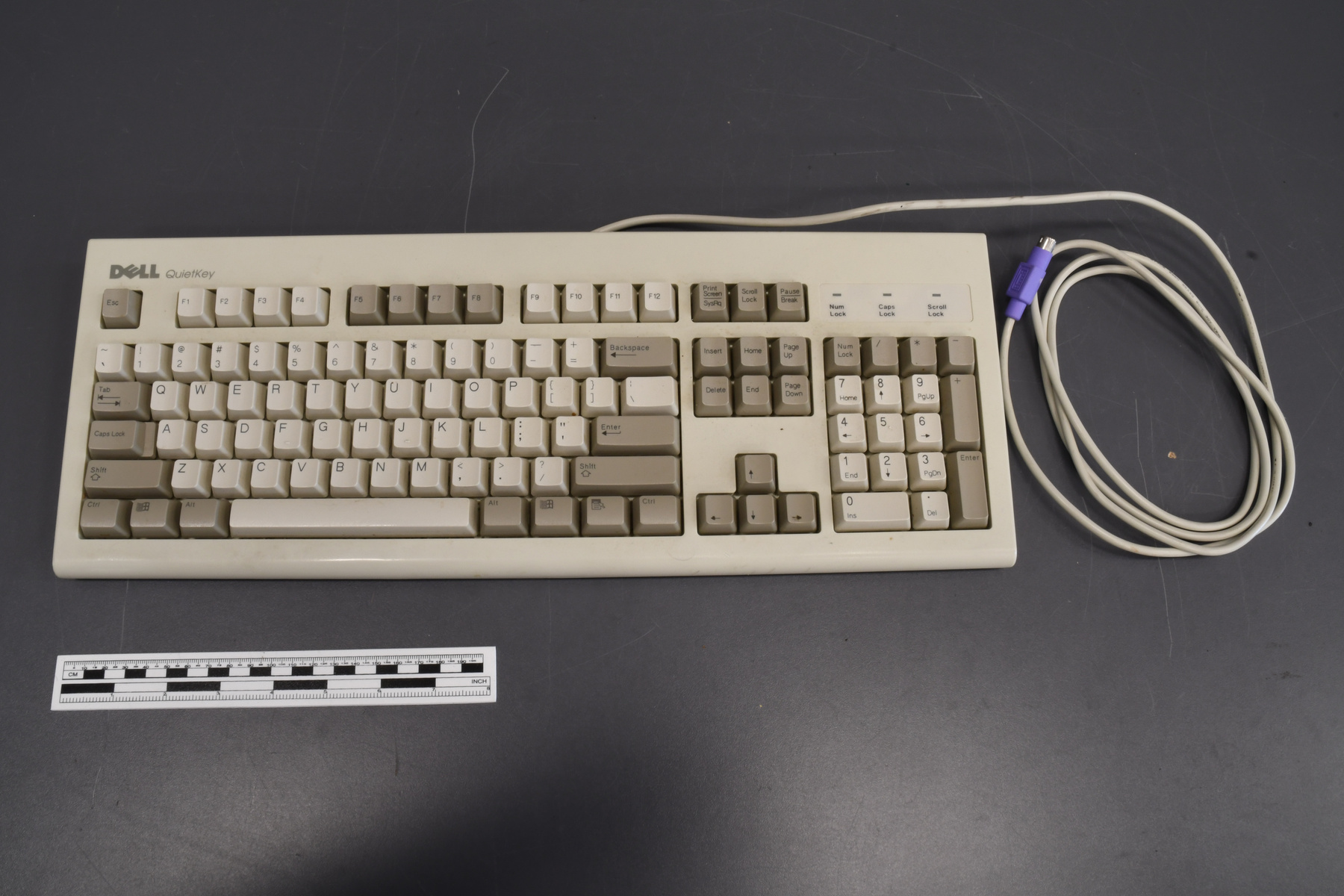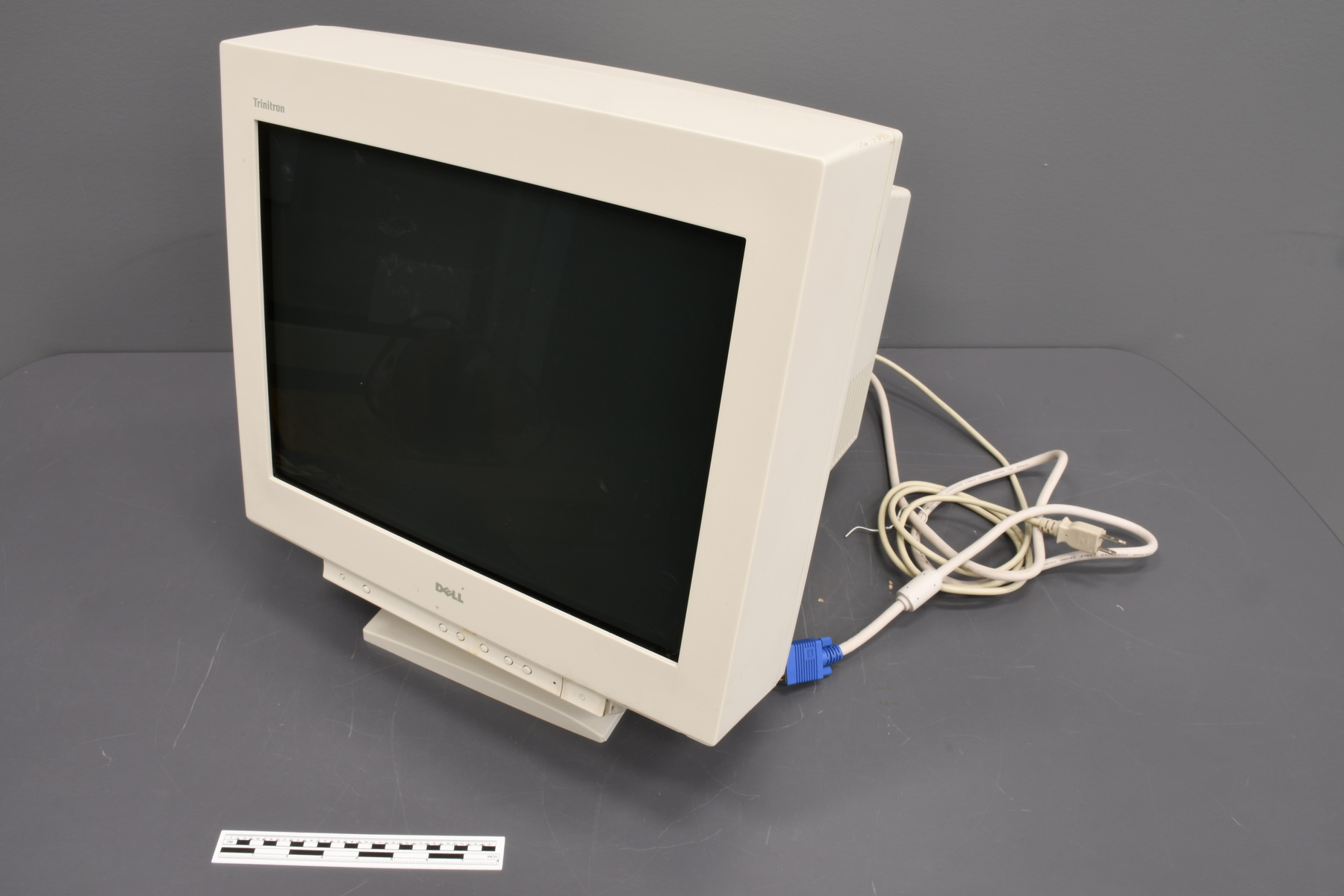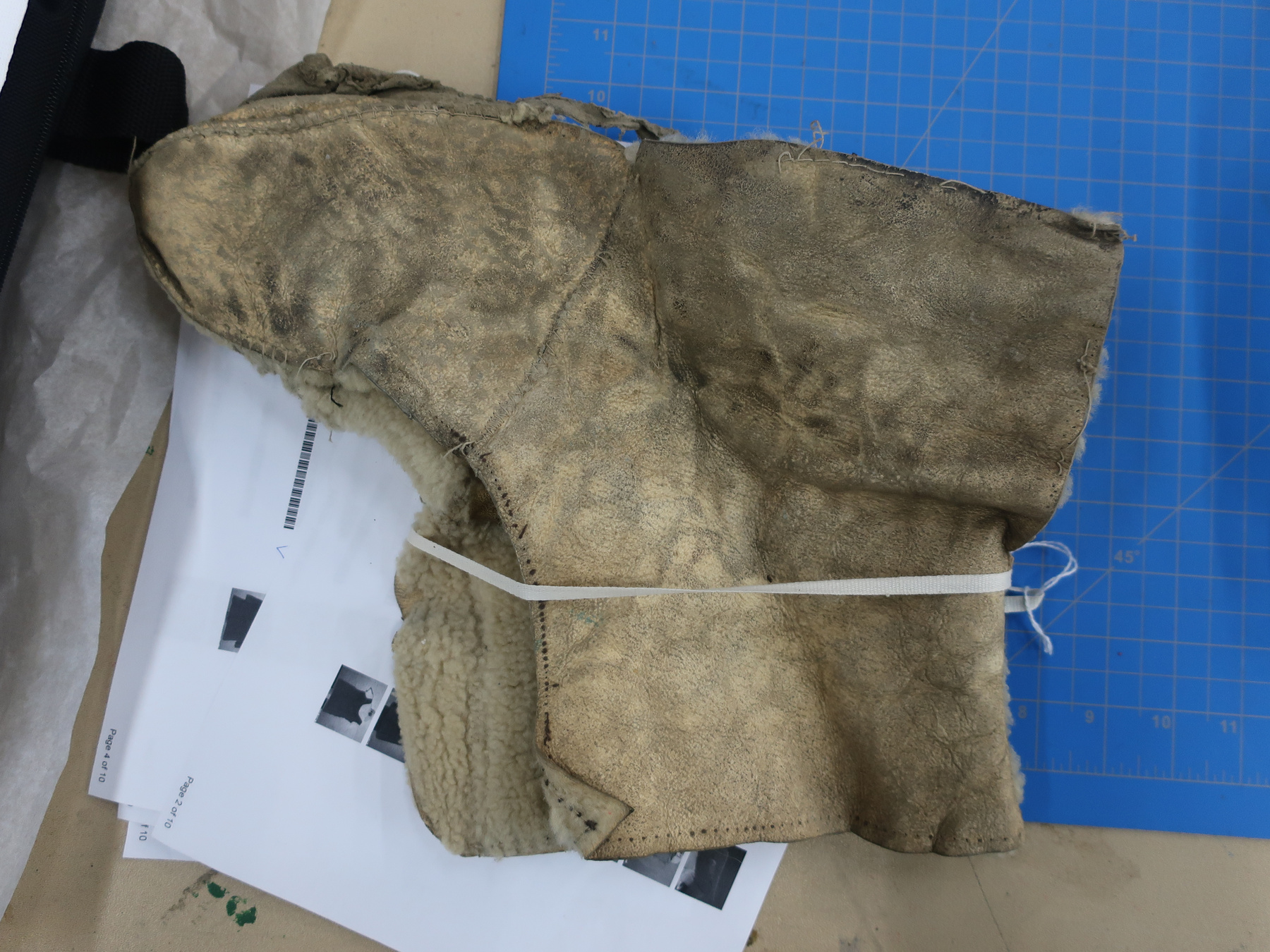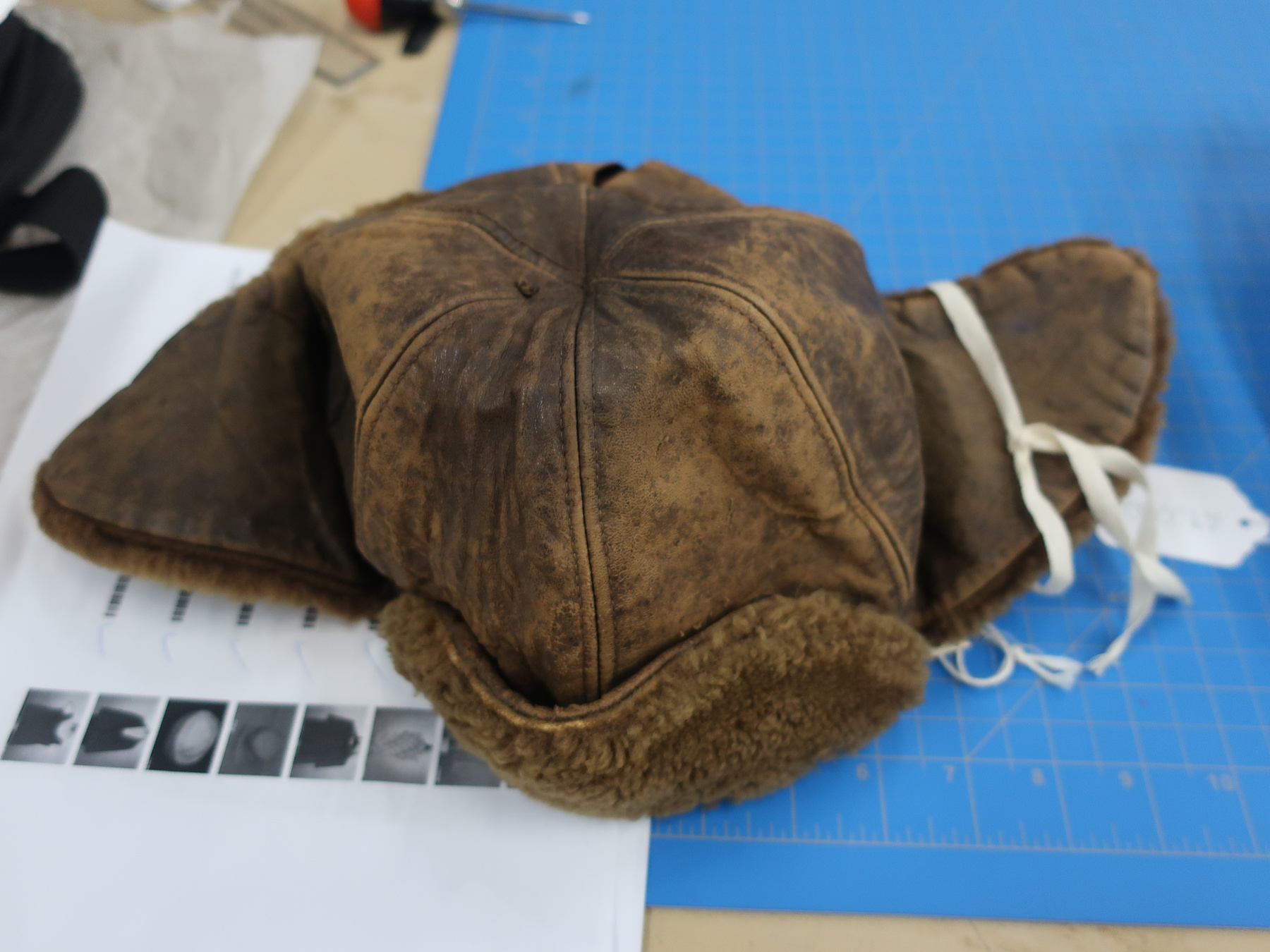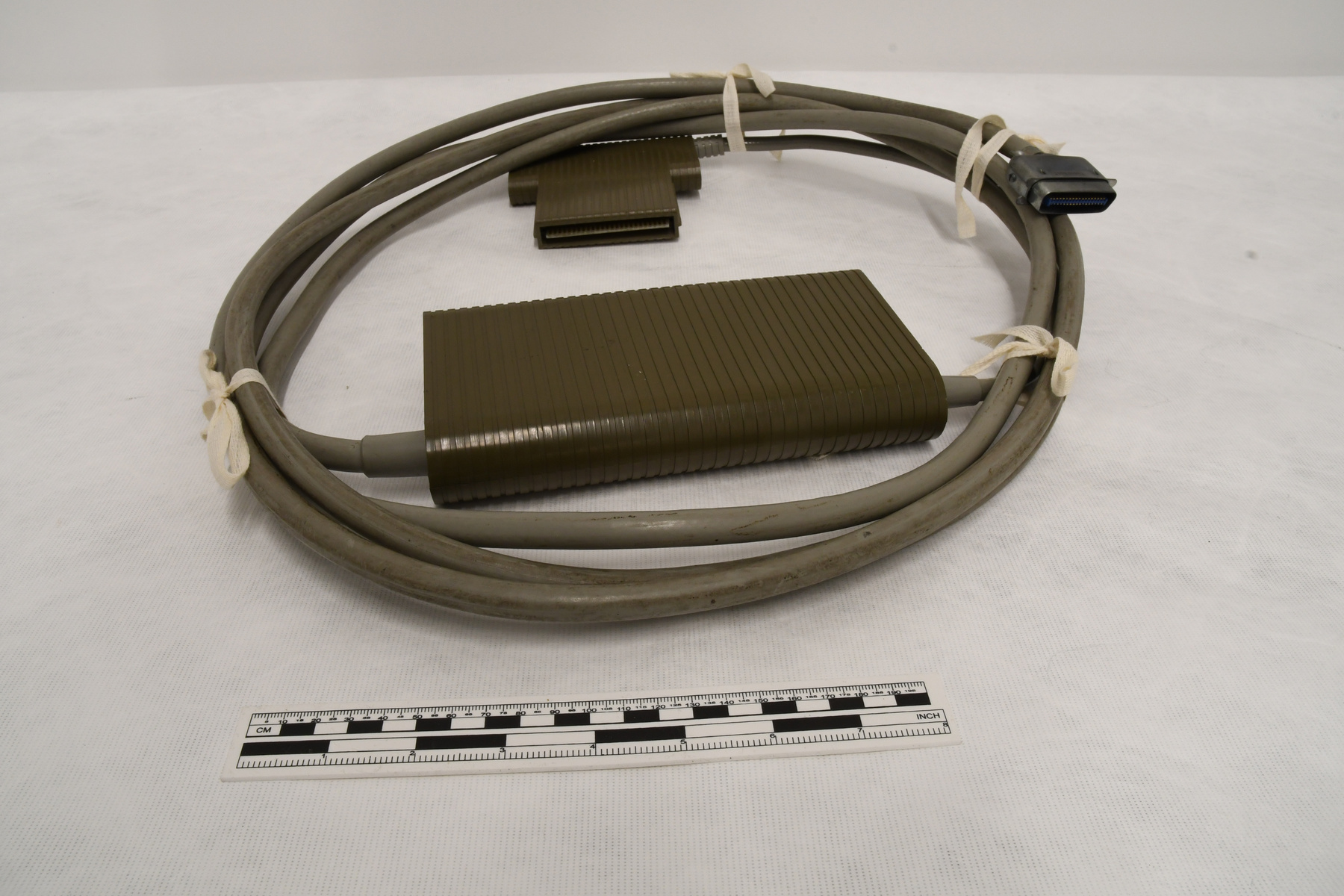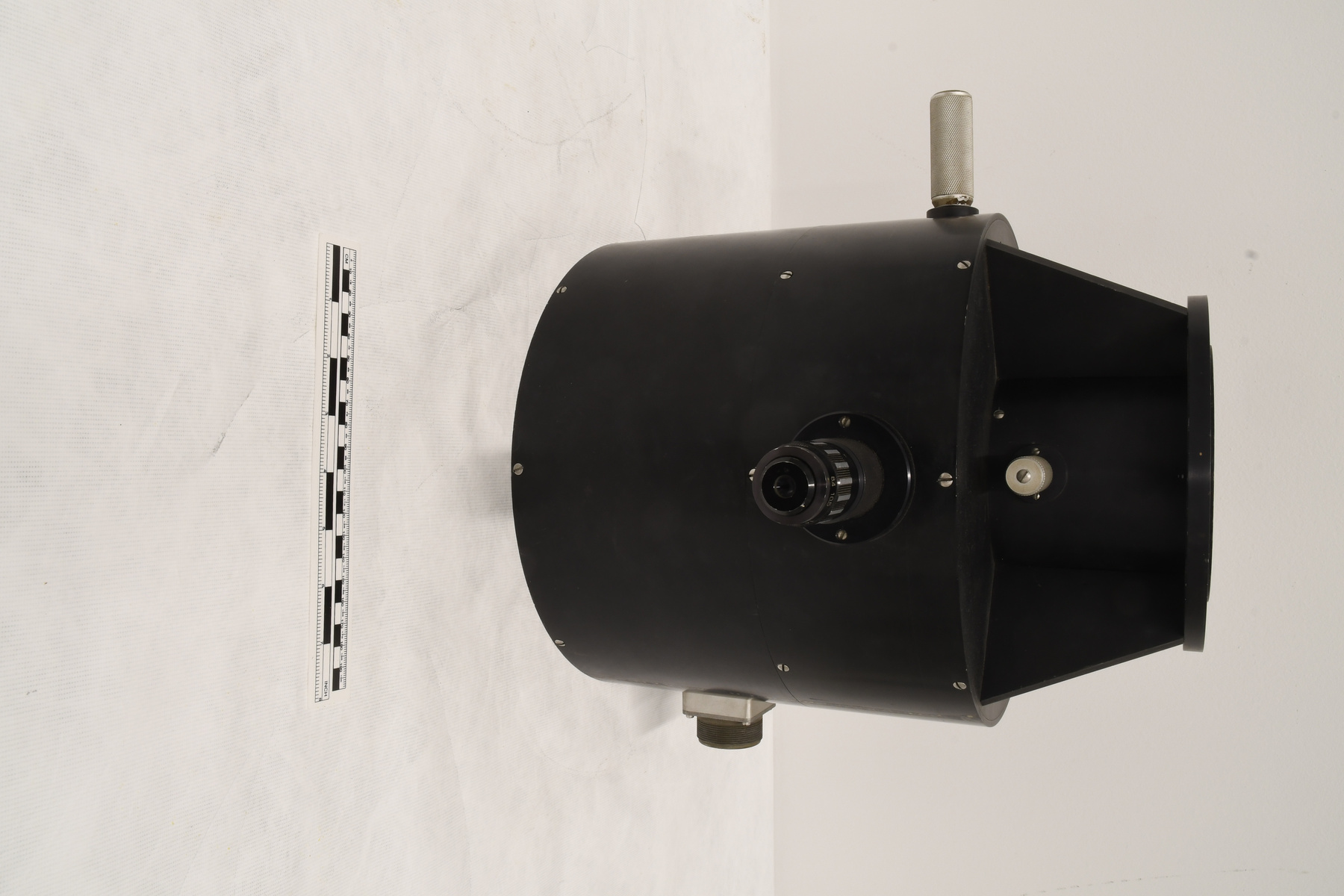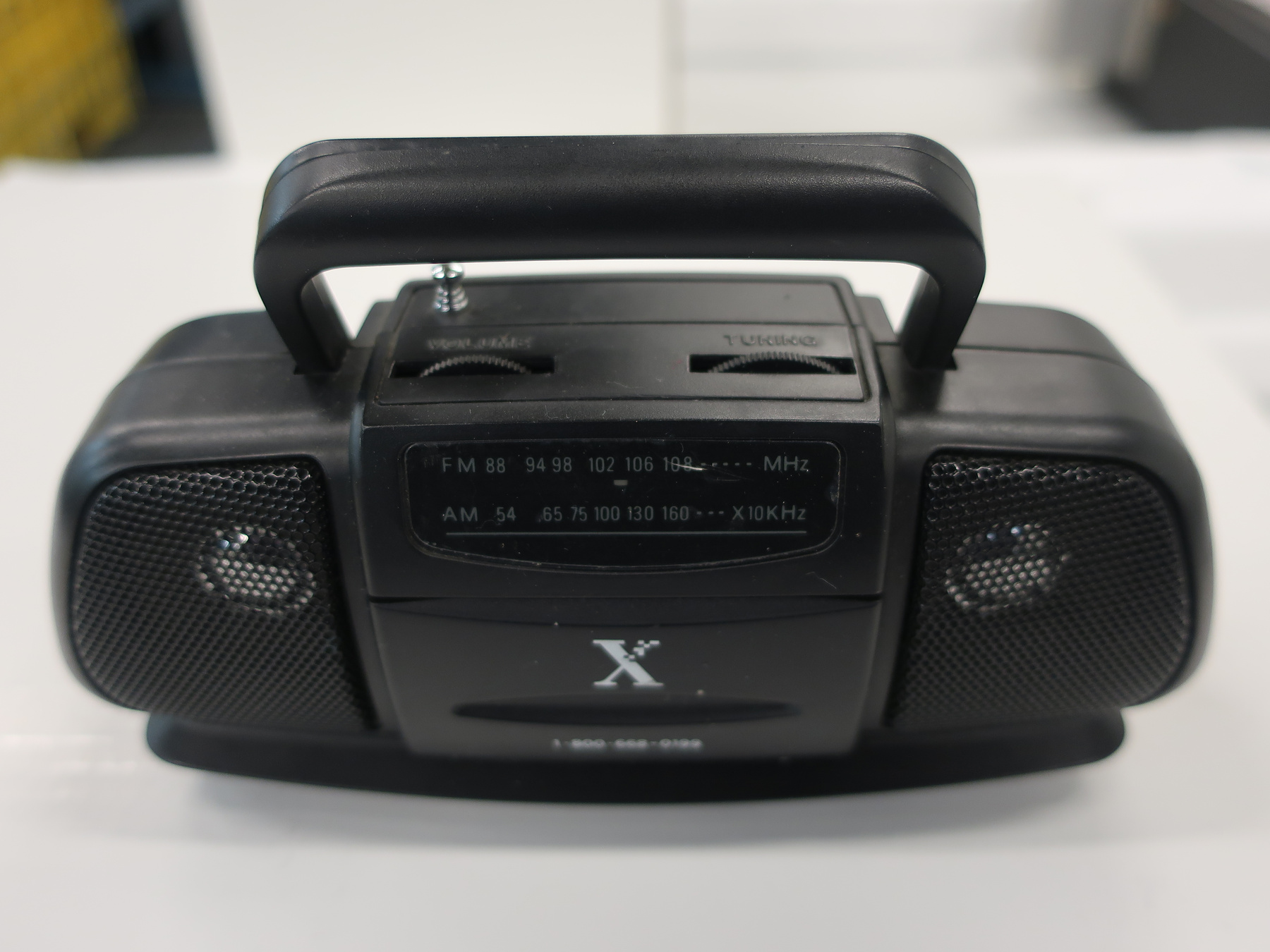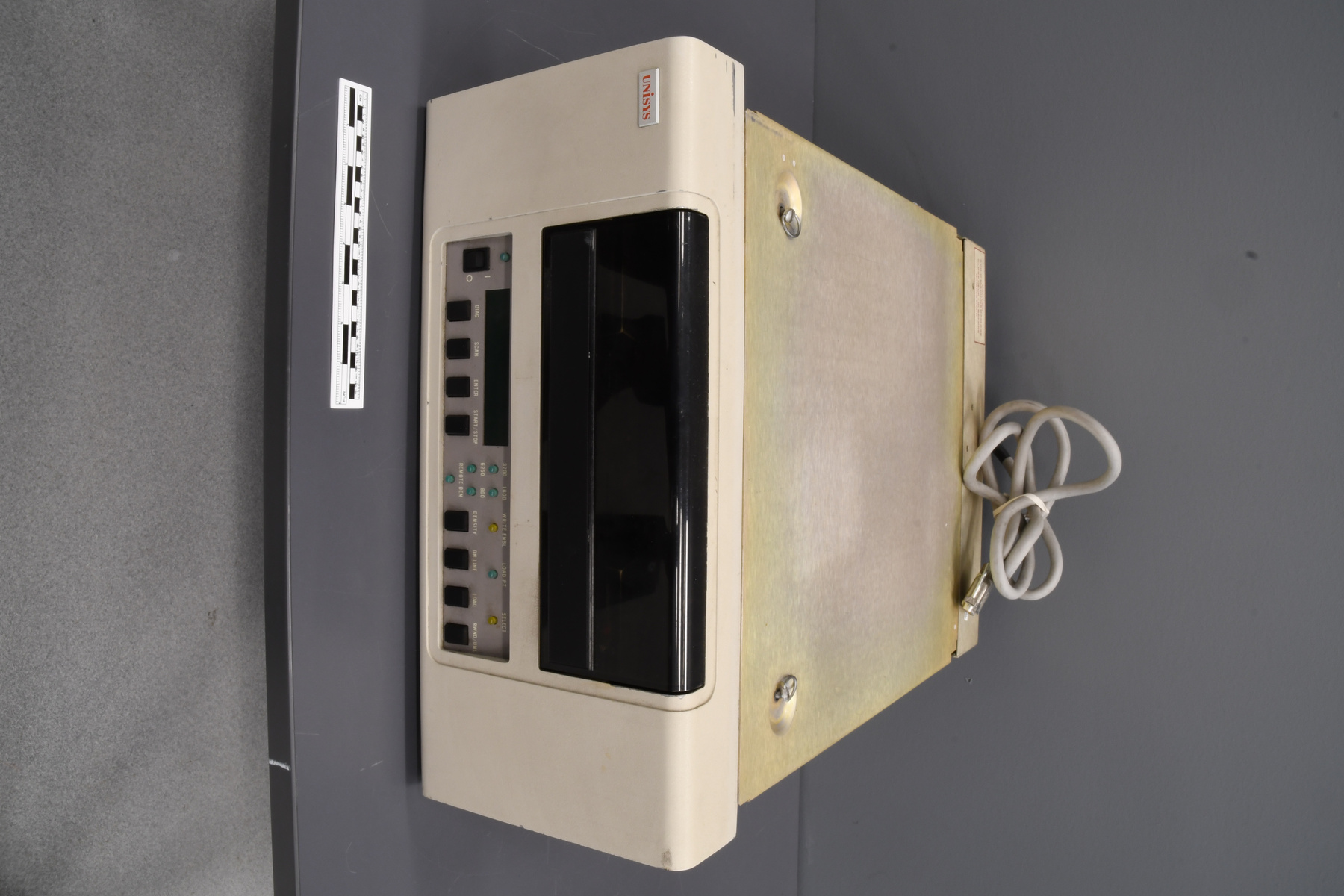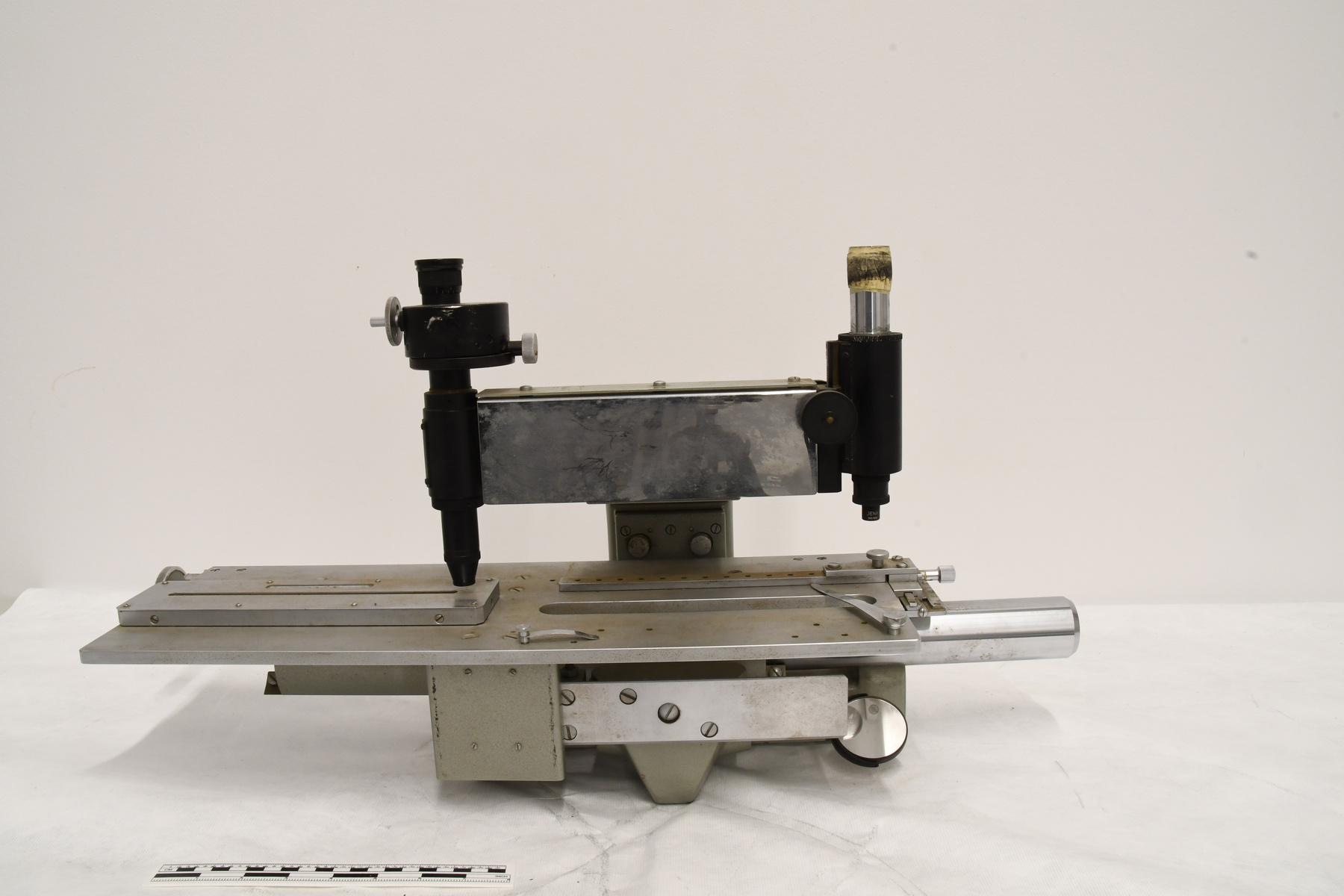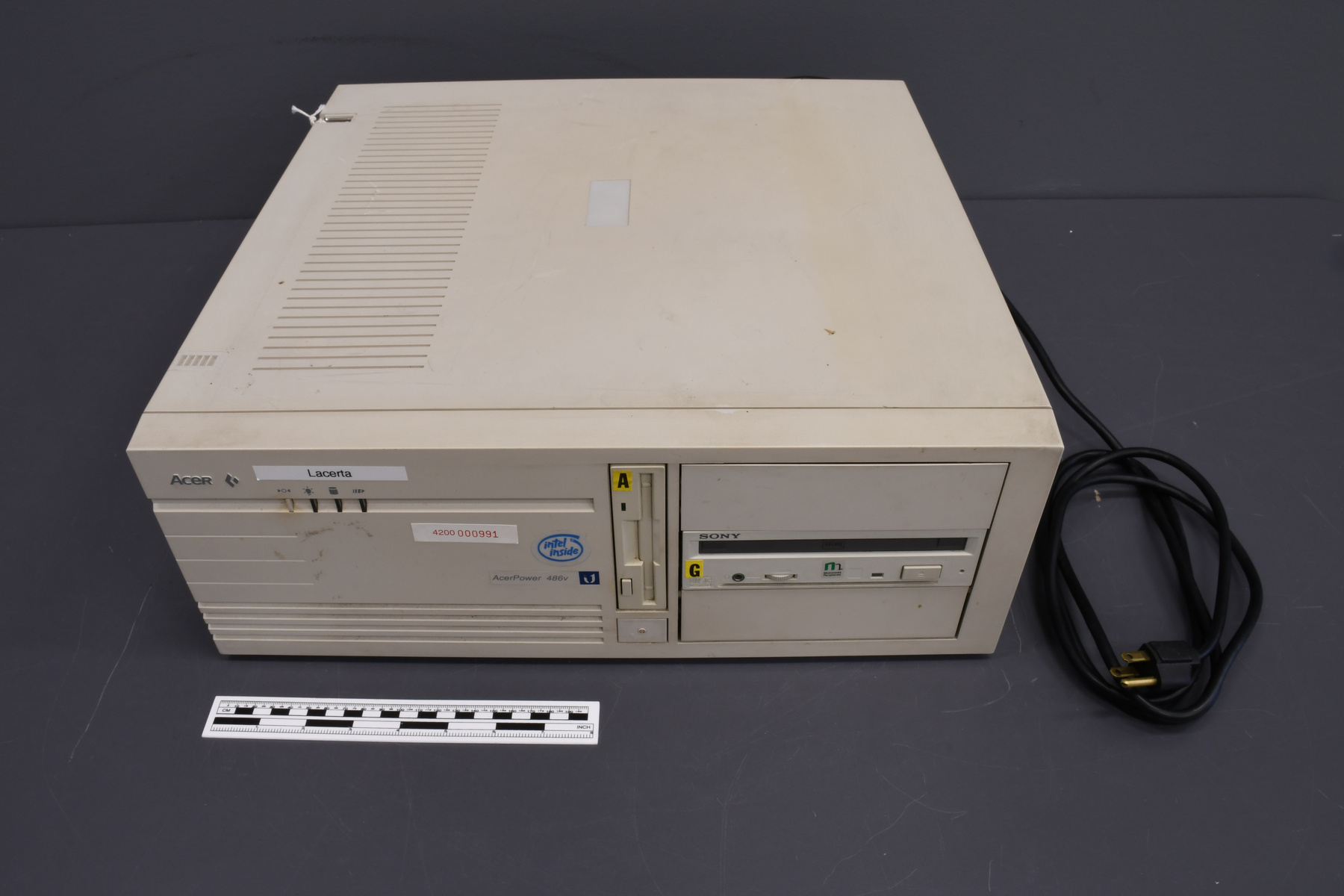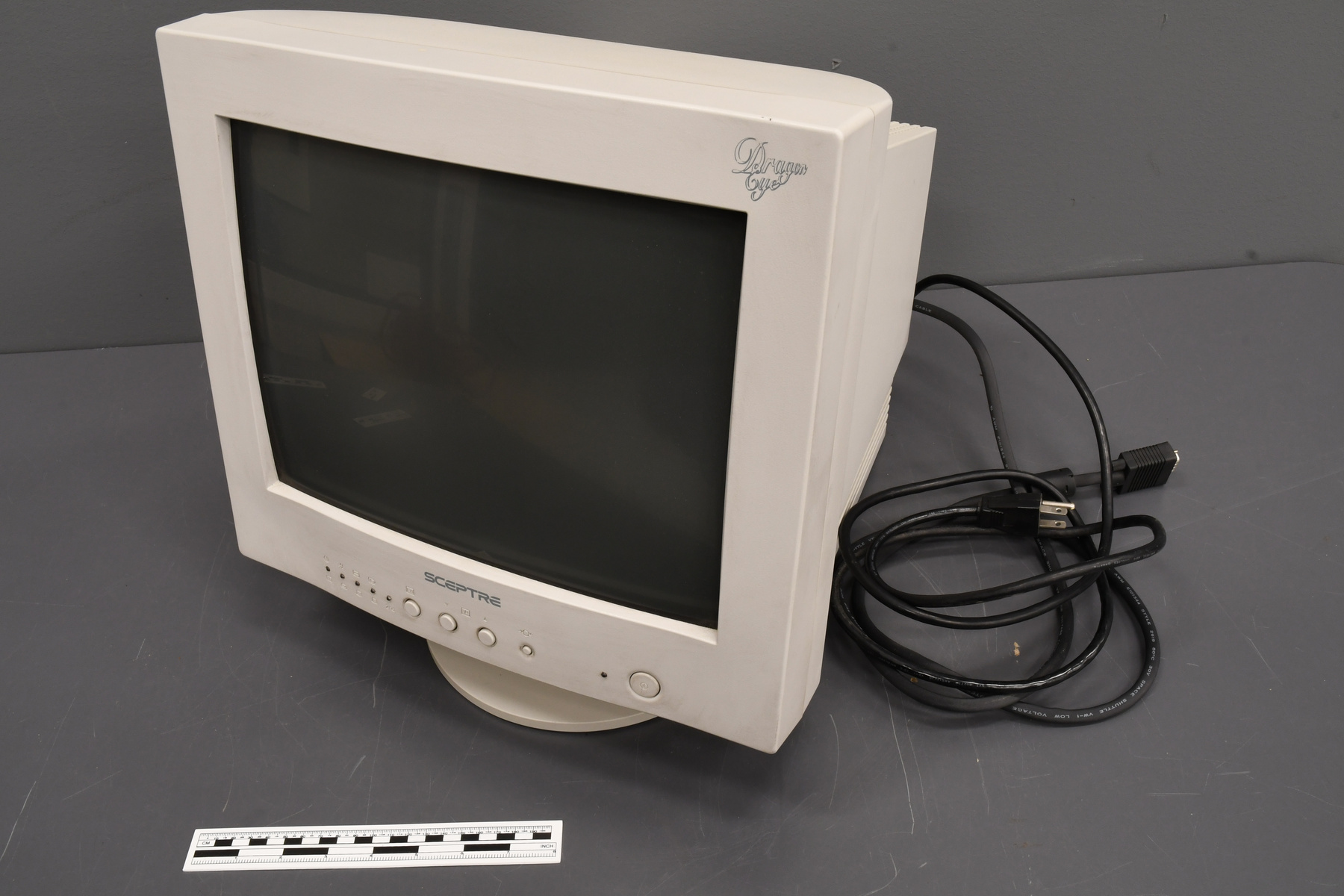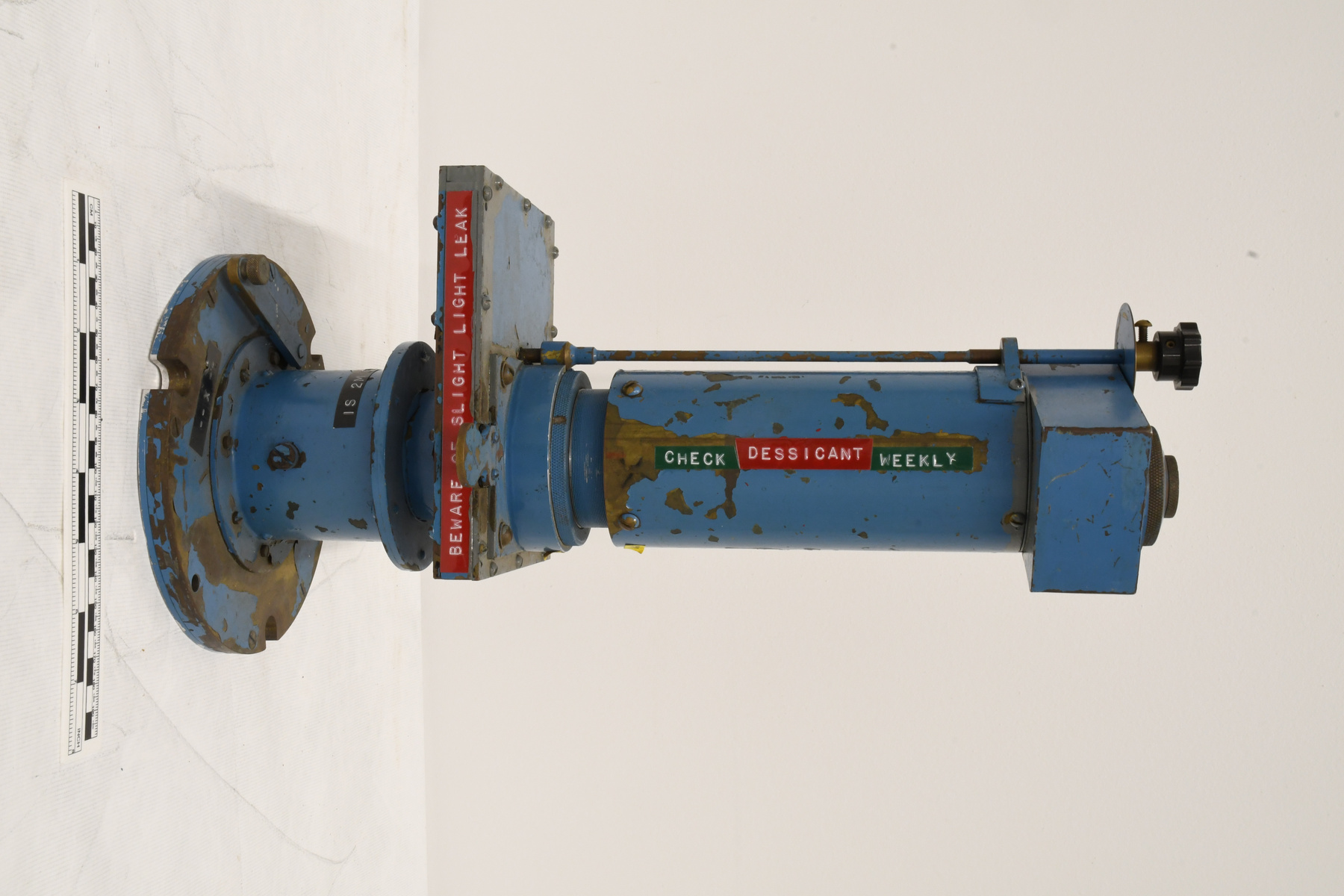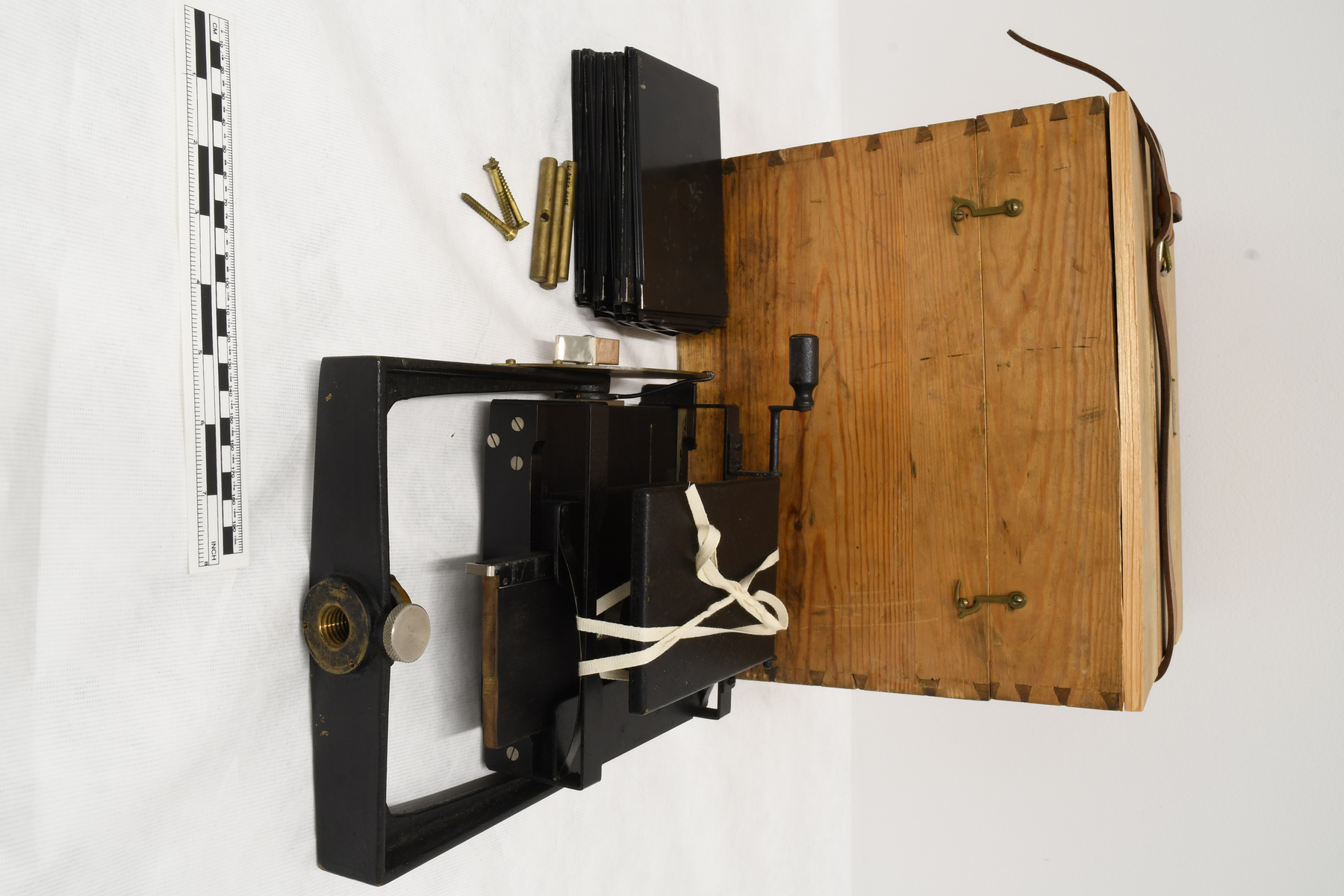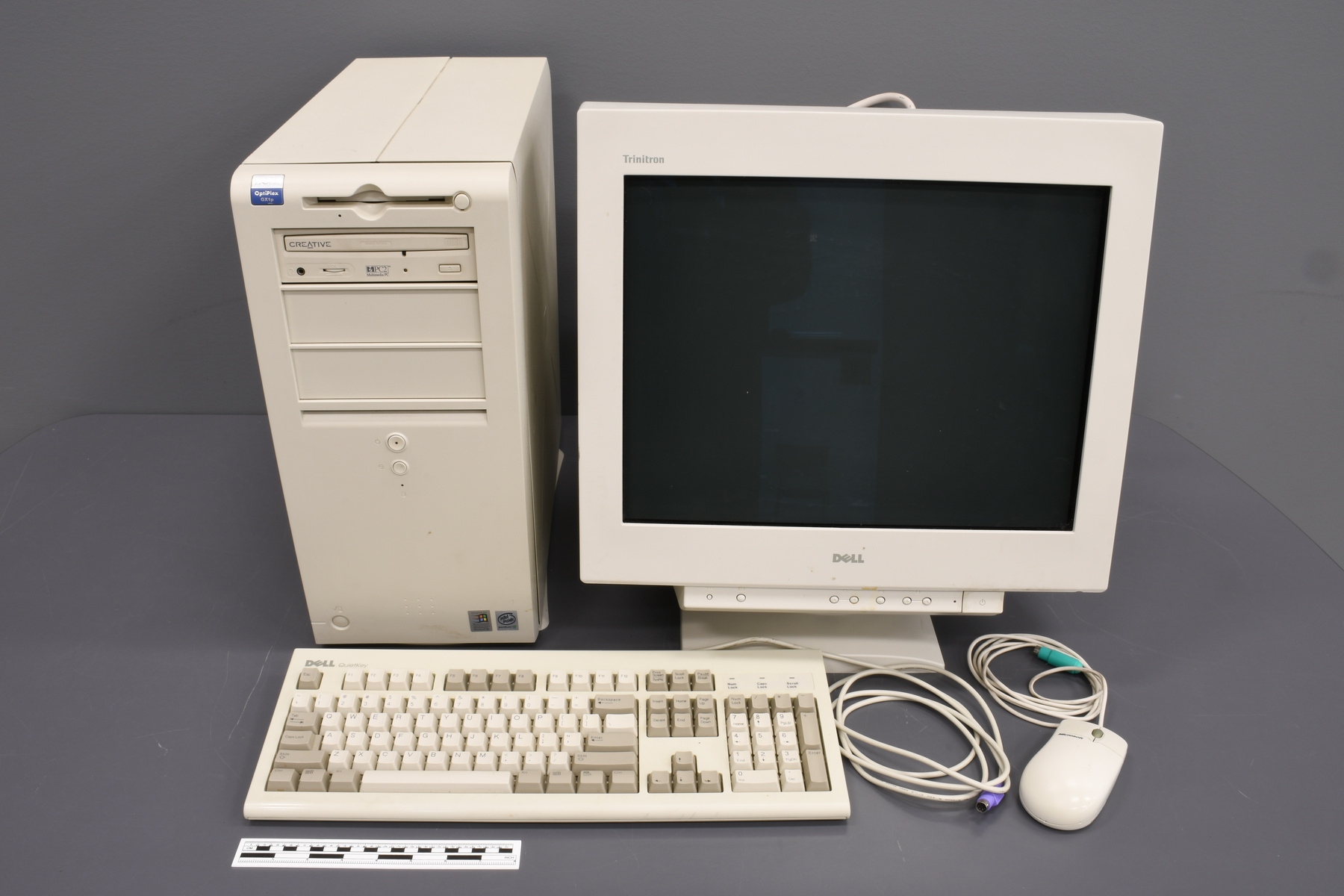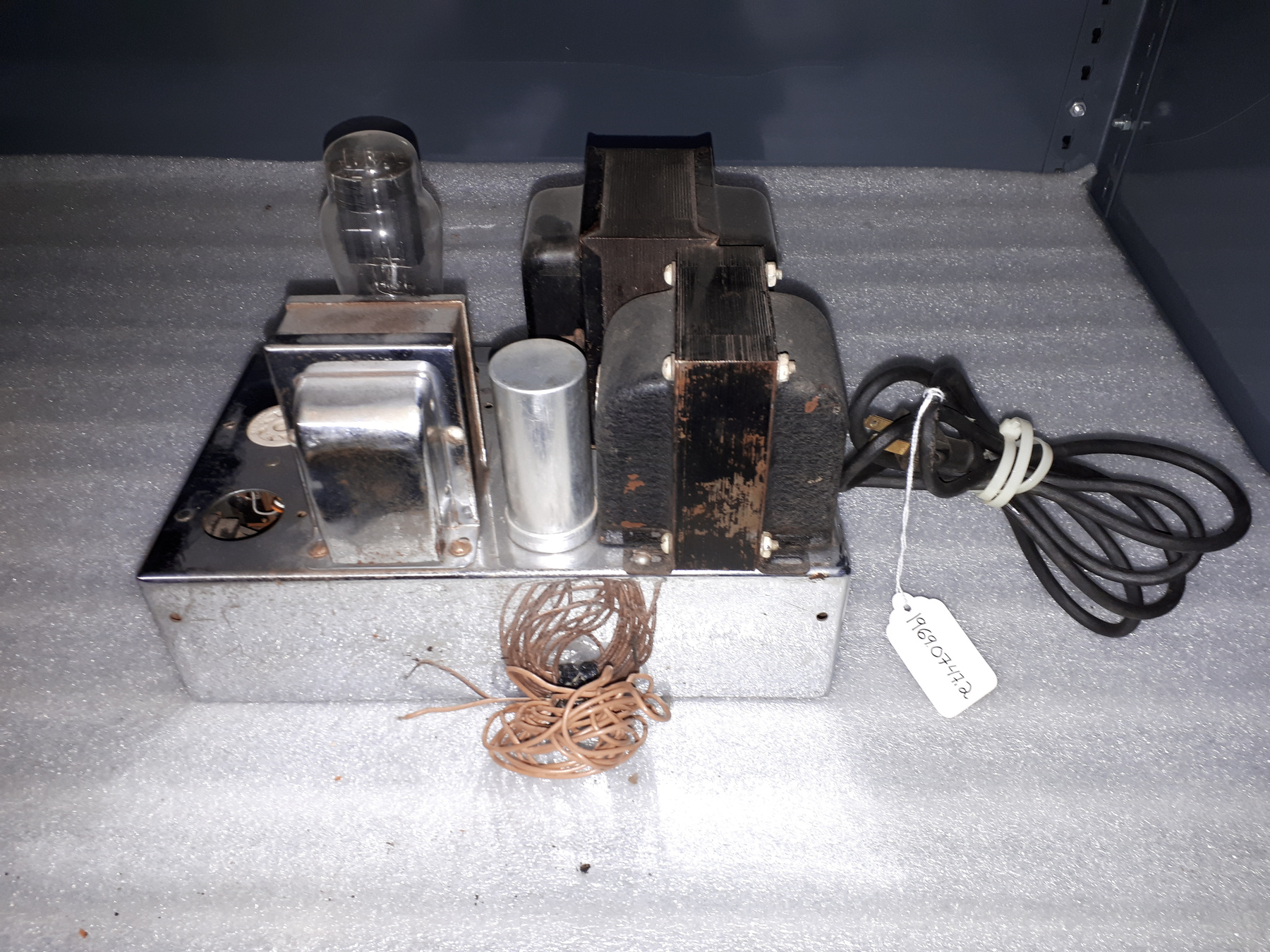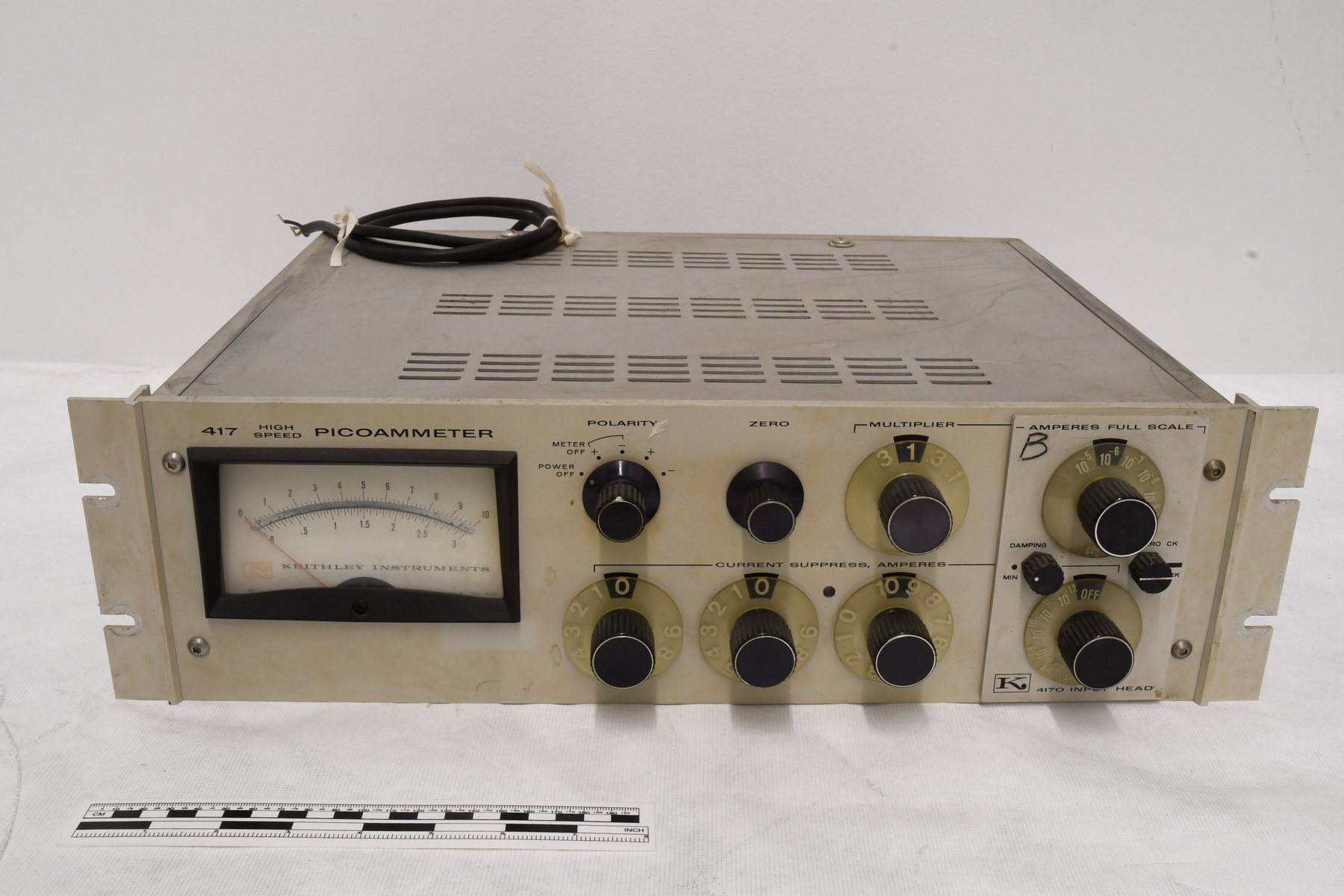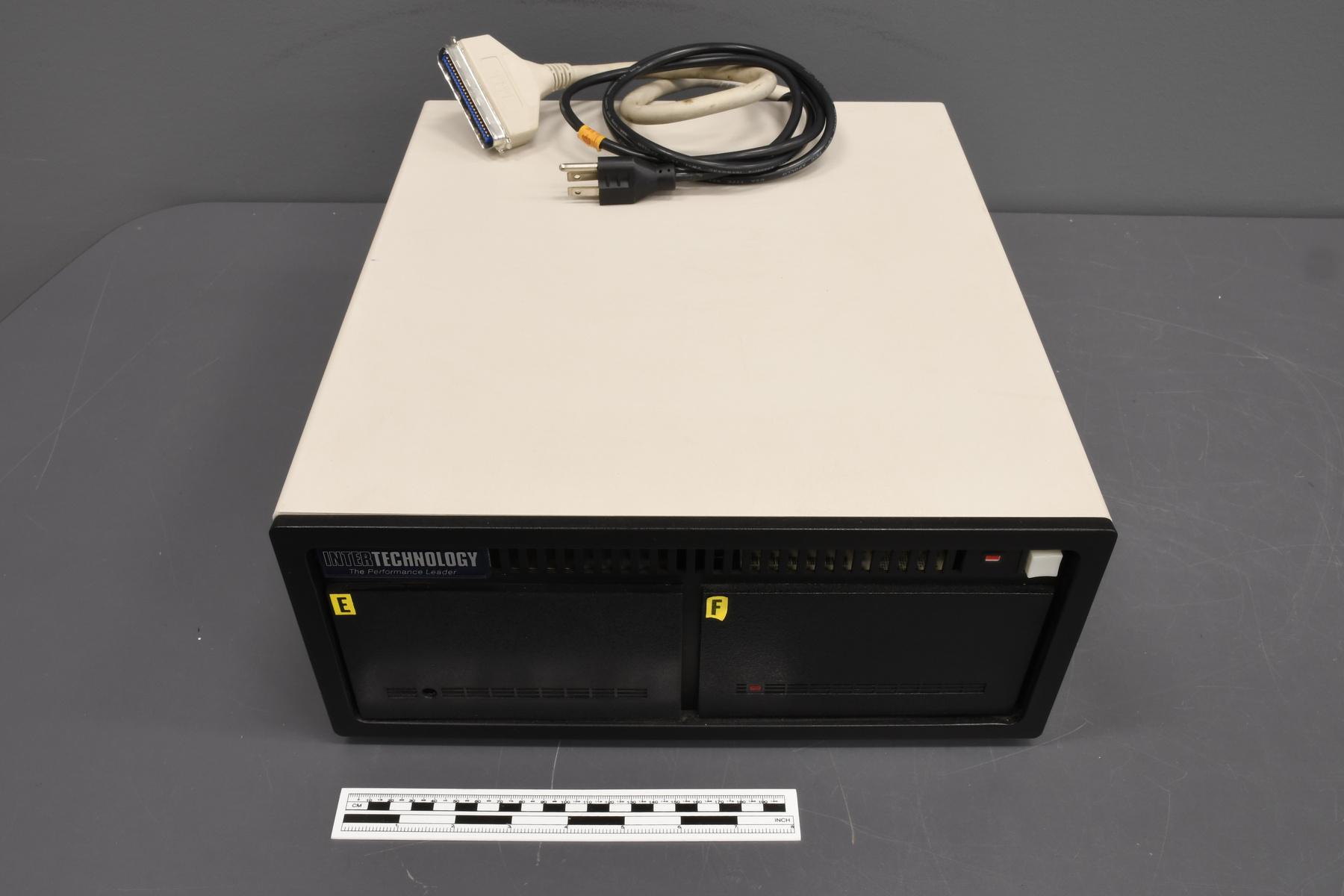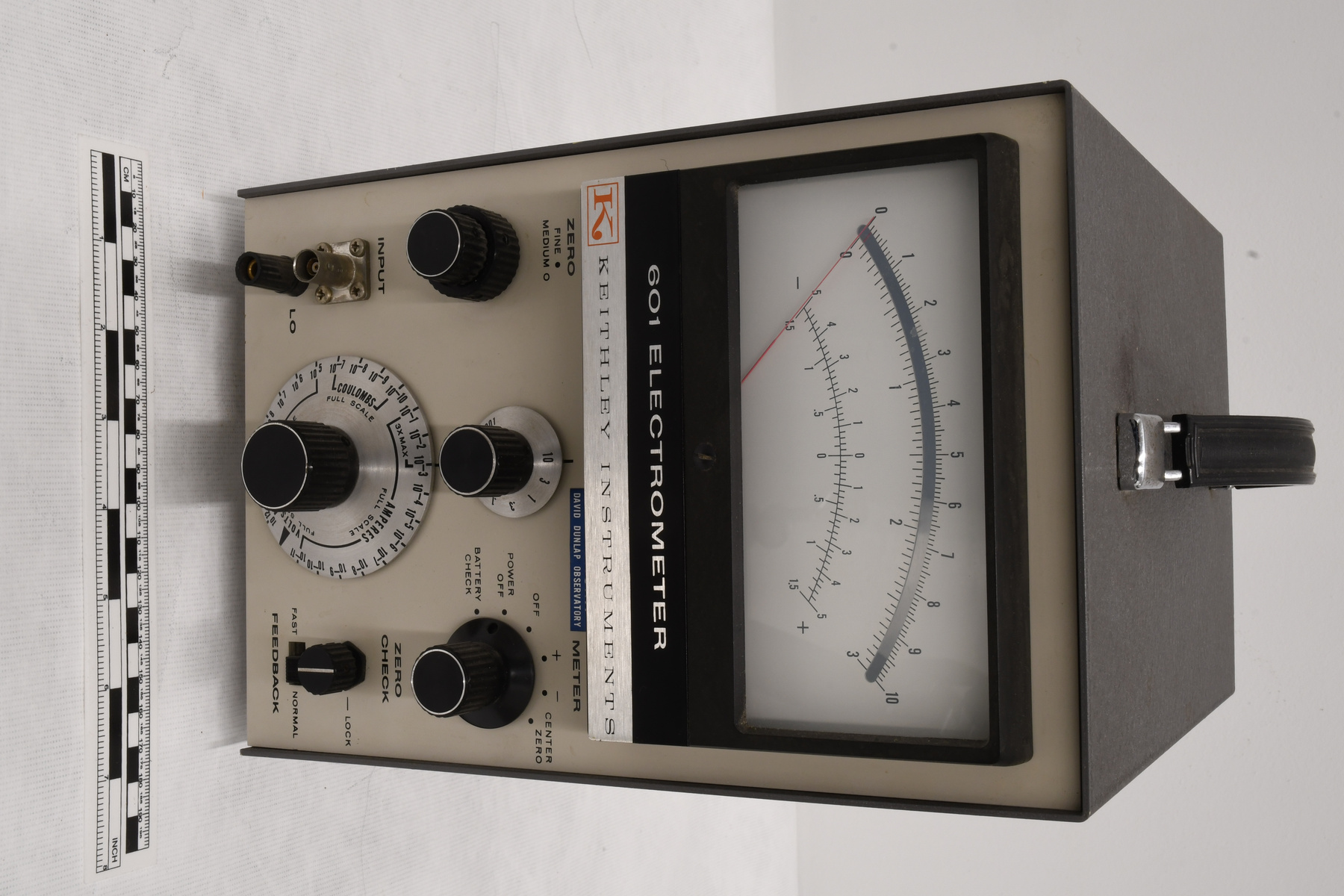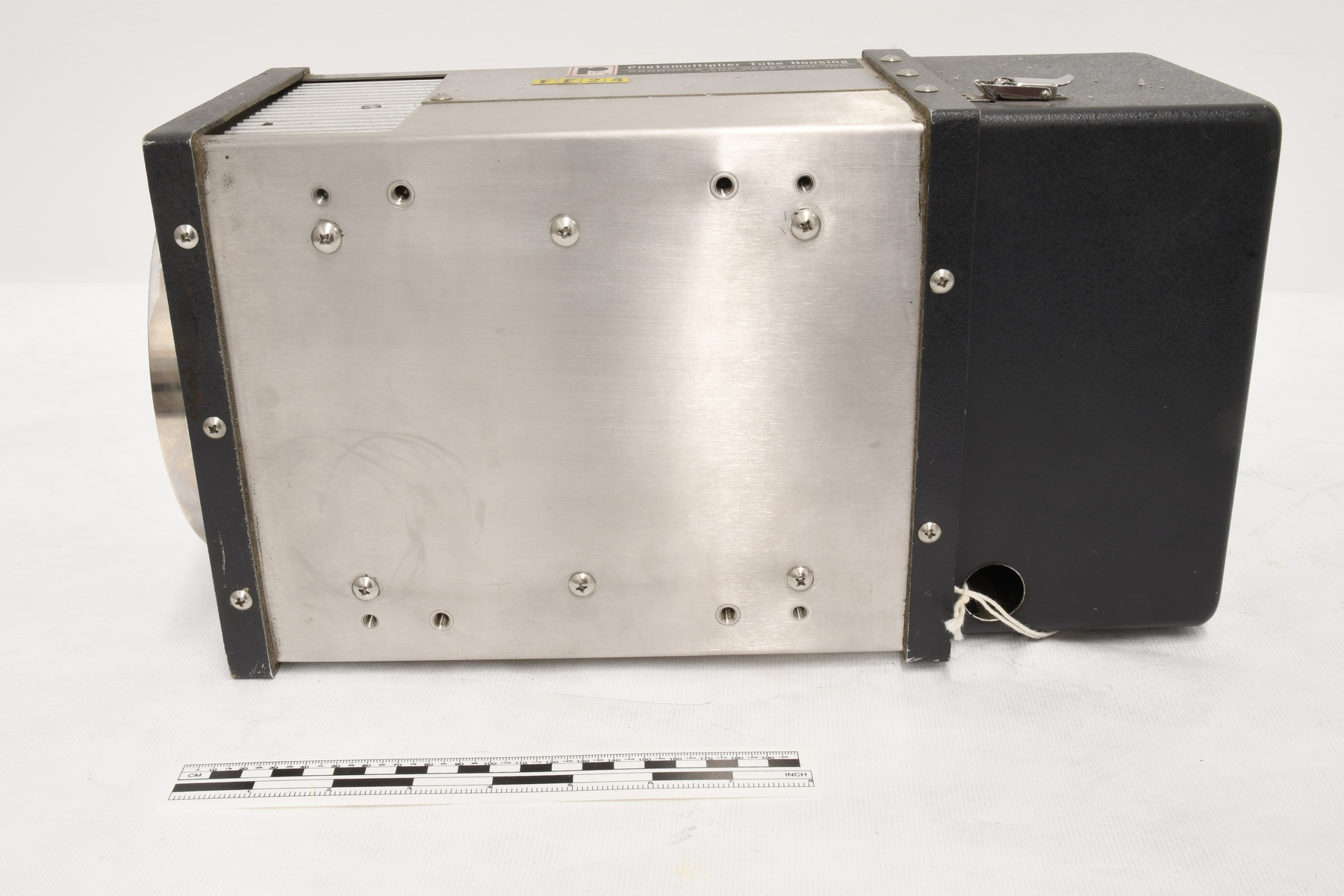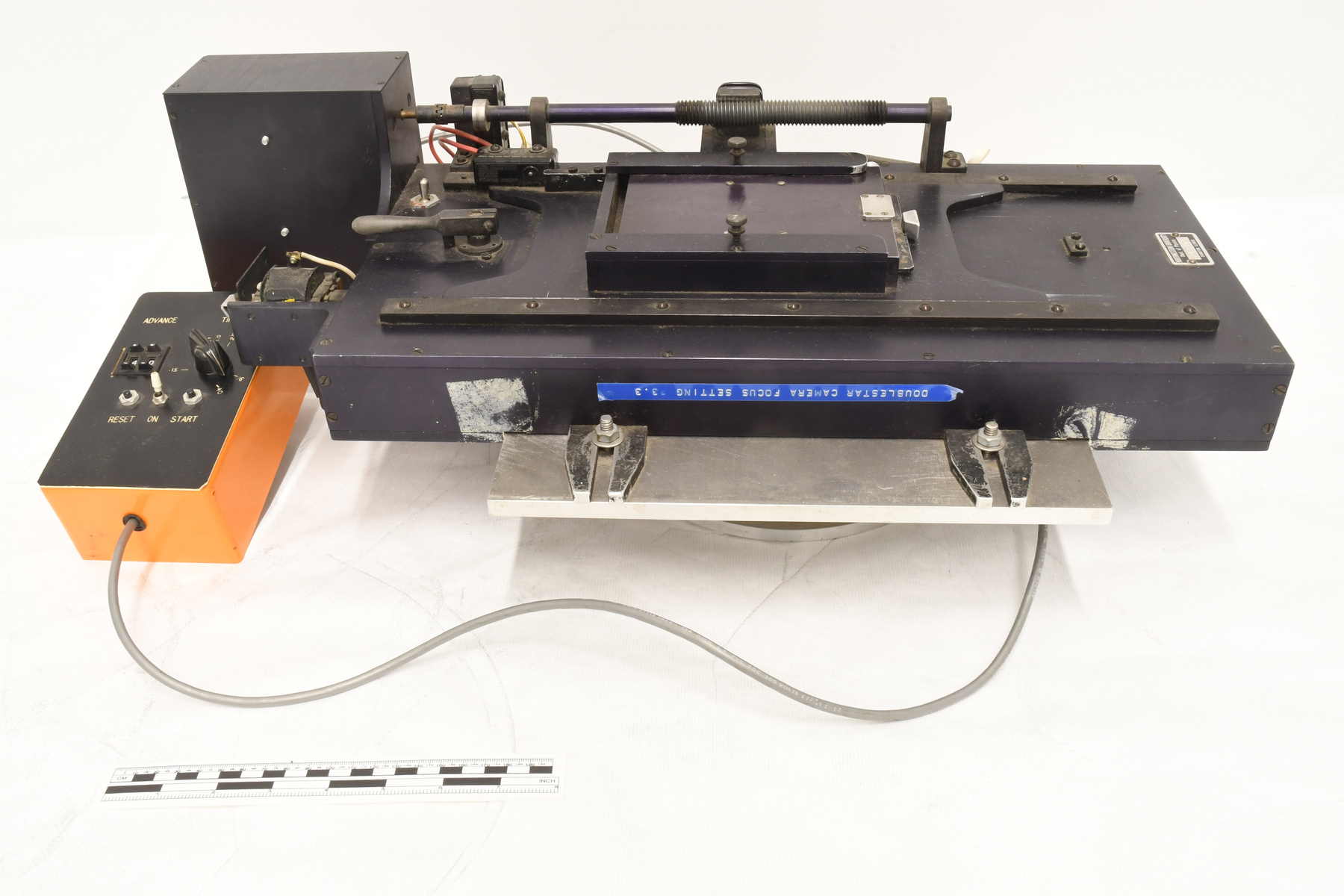Mouse
Use this image
Can I reuse this image without permission? Yes
Object images on the Ingenium Collection’s portal have the following Creative Commons license:
Copyright Ingenium / CC BY-NC-ND (Attribution-NonCommercial 4.0 International (CC BY-NC 4.0)
ATTRIBUTE THIS IMAGE
Ingenium,
2008.0218.001
Permalink:
Ingenium is releasing this image under the Creative Commons licensing framework, and encourages downloading and reuse for non-commercial purposes. Please acknowledge Ingenium and cite the artifact number.
DOWNLOAD IMAGEPURCHASE THIS IMAGE
This image is free for non-commercial use.
For commercial use, please consult our Reproduction Fees and contact us to purchase the image.
- OBJECT TYPE
- roller-ball/two button
- DATE
- 1981–2000
- ARTIFACT NUMBER
- 2008.0218.001
- MANUFACTURER
- Logitech
- MODEL
- M-SR14-6MD
- LOCATION
- China
More Information
General Information
- Serial #
- LC0841001554
- Part Number
- 1
- Total Parts
- 1
- AKA
- N/A
- Patents
- N/A
- General Description
- Synthetic casing, buttons, cable, parts/ Metal wiring and parts/ Rubber? ball
Dimensions
Note: These reflect the general size for storage and are not necessarily representative of the object's true dimensions.
- Length
- 10.0 cm
- Width
- 5.8 cm
- Height
- N/A
- Thickness
- 2.7 cm
- Weight
- N/A
- Diameter
- N/A
- Volume
- N/A
Lexicon
- Group
- Computing Technology
- Category
- Digital peripheral devices
- Sub-Category
- N/A
Manufacturer
- AKA
- Logitech
- Country
- China
- State/Province
- Unknown
- City
- Unknown
Context
- Country
- Canada
- State/Province
- Ontario
- Period
- Unknown
- Canada
-
A piece of equipment used at the David Dunlap Observatory at the University of Toronto, one of Canada's most important astronomical observatories. The David Dunlap Observatory opened in 1935 as the result of a bequest from the wife of David Dunlap. The telescope was a 74 inch (188 cm) reflector built by Grubb Parsons of Newcastle-upon-Tyne in England. The 74 inch was then the largest telescope in Canada (surpassing the 72 inch telescope of the Dominion Astrophysical Observatory in Victoria) and became the second largest in the world after the 100 inch Hooker Telescope of the Mt. Wilson Observatory outside Los Angeles. DDO's reputation grew and following WWII, it began to graduate most of the astronomers produced in Canada with University of Western Ontario far behind. Beginning in the 1960s a number of other astronomy departments were created but UofT/DDO held its place, a position it probably still holds. The DDO had a good technical staff which gave them an advantage and, with most of the 1940s to early 1970s top astronomers coming from UofT, grants from NRC and then ENSERC were almost guaranteed and allowed UofT's top astronomers -- Hogg, van den Berg, Fernie, Bolton, Kamper, Martin, etc. to acquire or build some of the best equipment available in university observatories. For optical observatories, only the DAO had technical staff and budgets that surpassed those of DDO. In 2007, citing increasing light pollution, the University of Toronto announced plans to sell the Observatory property. In June 2008, it was sold to Corsica Development Inc., a subsidiary of Metrus Development Inc. and the Observatory was closed. In 2009 the Observatory buildings and 80% of the site were designated a cultural heritage landscape. Also in 2009 Corsica and the Royal Astronomical Society of Canada, Toronto Centre announced an agreement allowing the RASC to provide public education and outreach programs at the observatory, and to operate the 188 cm telescope. - Function
-
A handheld computer input device, that, when rolled across a flat surface causes the computer cursor to move in a corresponding way on the display screen. - Technical
-
A computer peripheral made in the mid to late 1990s and probably used with an astronomical measuring engine, the Perkin-Elmer PDS machine. This was a device for digitally measuring photographs, used to measure both stellar and galactic spectra as well as direct images of the sky taken with the DDOs 74 inch telescope and plates acquired by Sidney Van de Burgh at the 48 inch Mt. Palomar Schmidt telescope. The Swiss firm Logitech (founded in 1981) was a major provider of personal peripherals for computers, such as mice, as well as audio devices. Since the 1980s, Logitech made computer mice and keyboards for Apple, HP, Dell and for other platforms including PlayStation. This example was made in China for Logitech. By the late 1990s-early 2000s, optical mice replaced mechanical ones. - Area Notes
-
Unknown
Details
- Markings
- Label on back with logo and reading 'LOGITECH, 'M/N: M-SR14-6MD', ' S/N: LC0841001554', 'Rating: 5V 125mA' and 'MADE IN CHINA'
- Missing
- Appears complete
- Finish
- Buff coloured casing/ Grey cable covering and connector/ Dark grey trackball/ Plated part
- Decoration
- N/A
CITE THIS OBJECT
If you choose to share our information about this collection object, please cite:
Logitech, Mouse, between 1981–2000, Artifact no. 2008.0218, Ingenium – Canada’s Museums of Science and Innovation, http://collection.ingeniumcanada.org/en/id/2008.0218.001/
FEEDBACK
Submit a question or comment about this artifact.
More Like This



